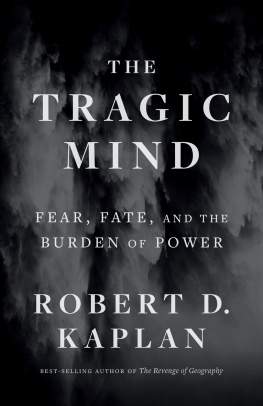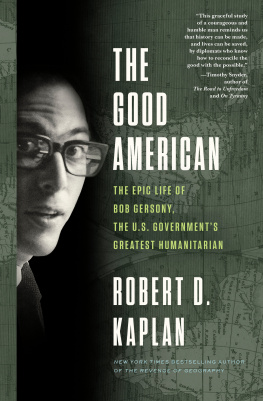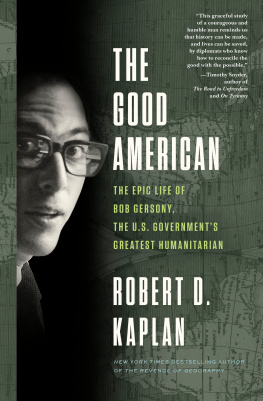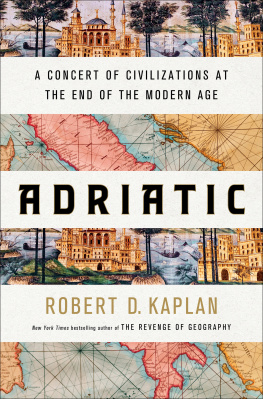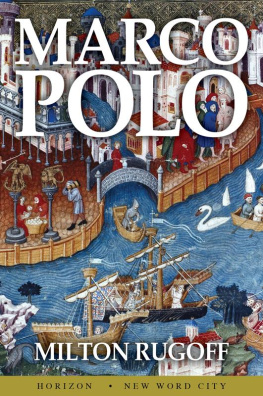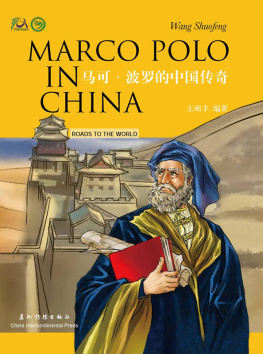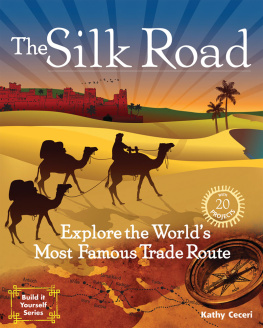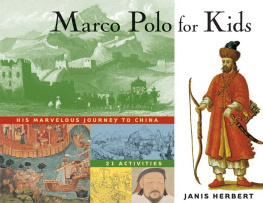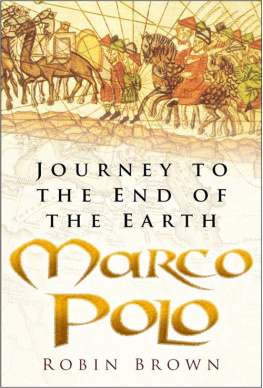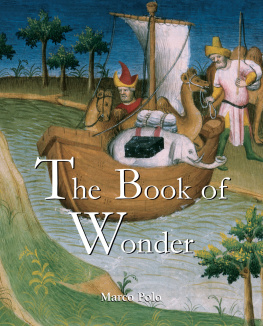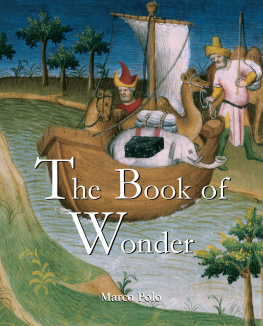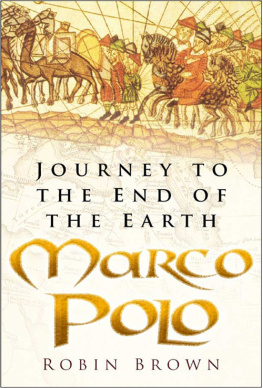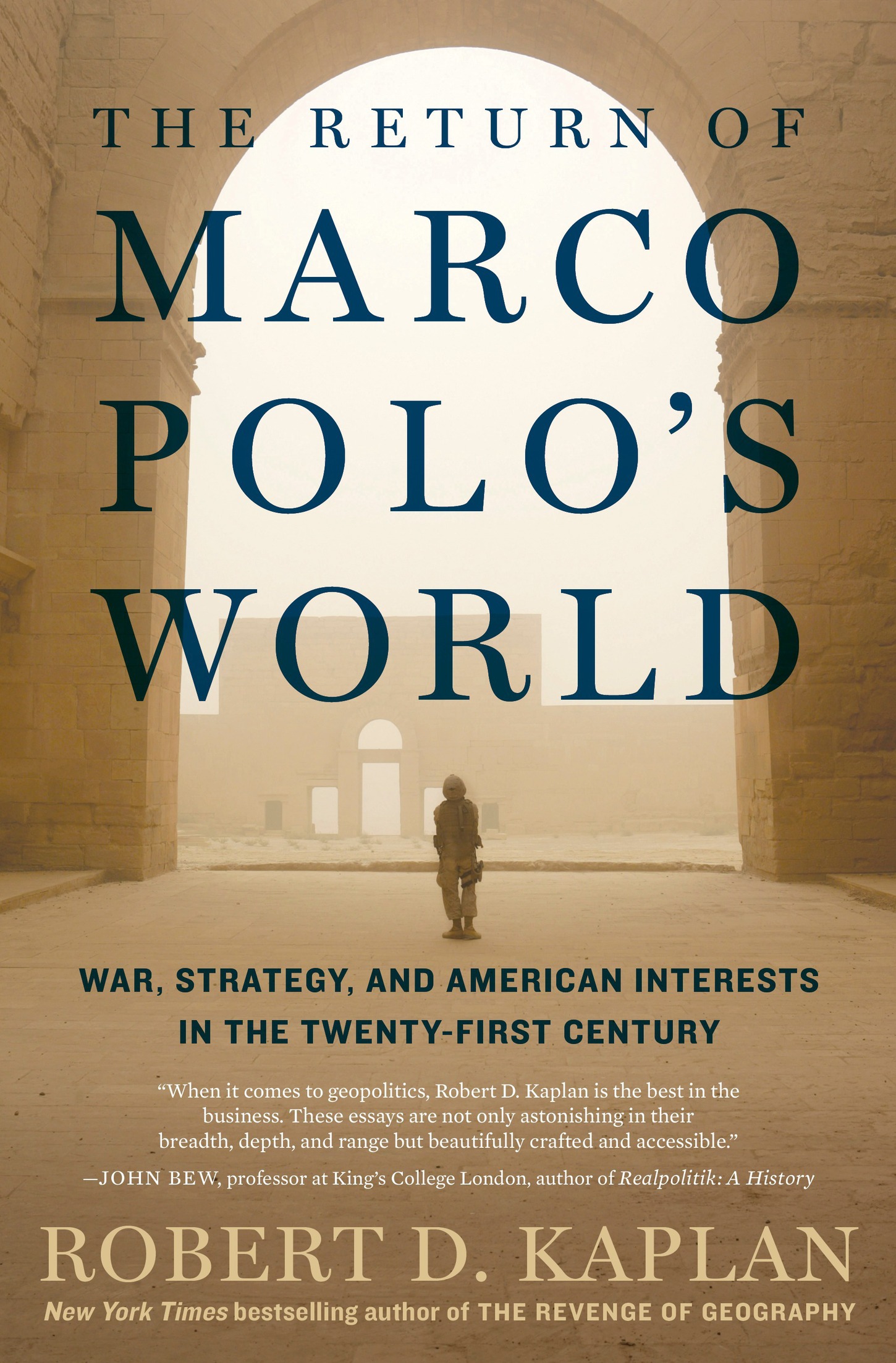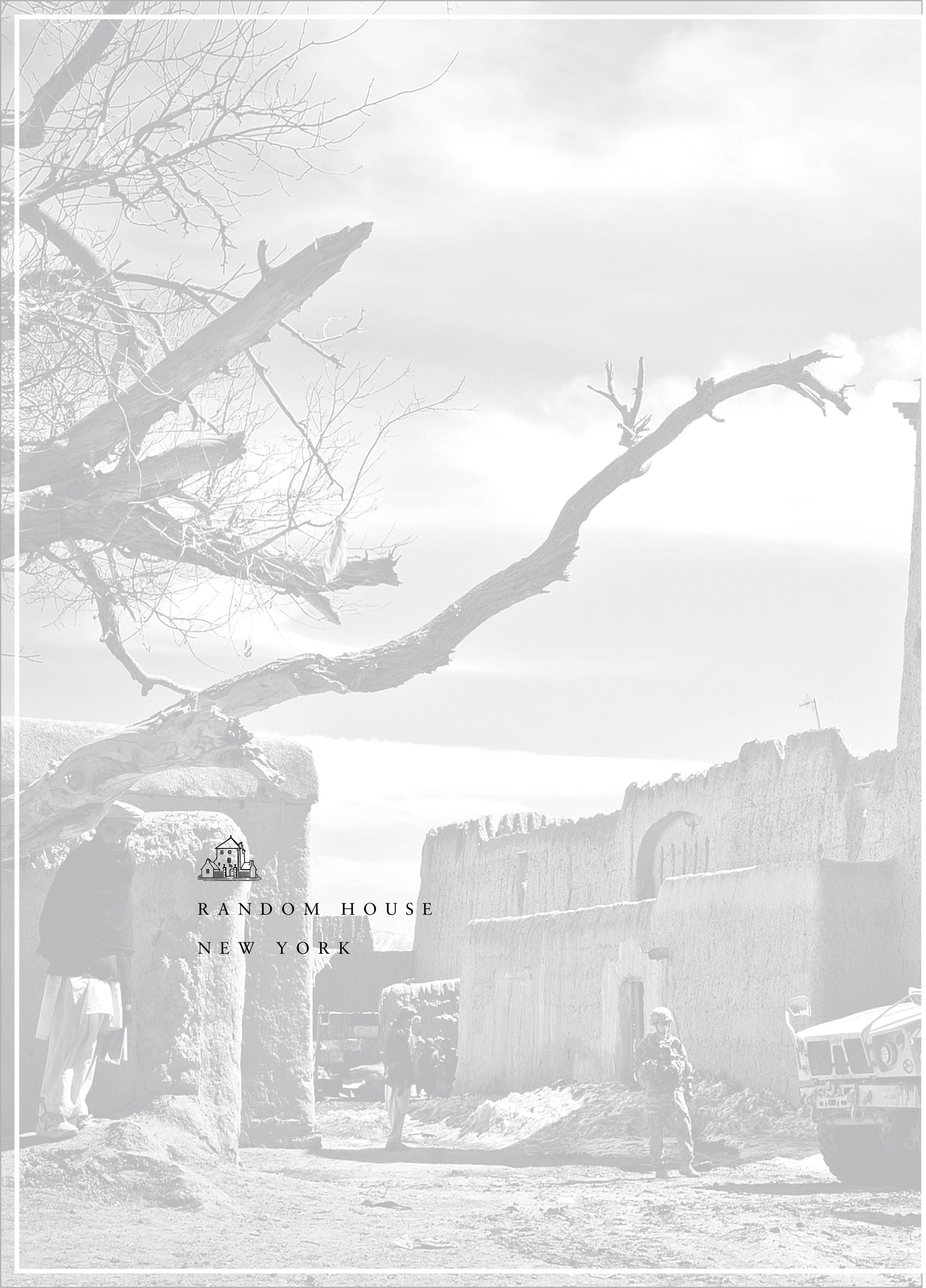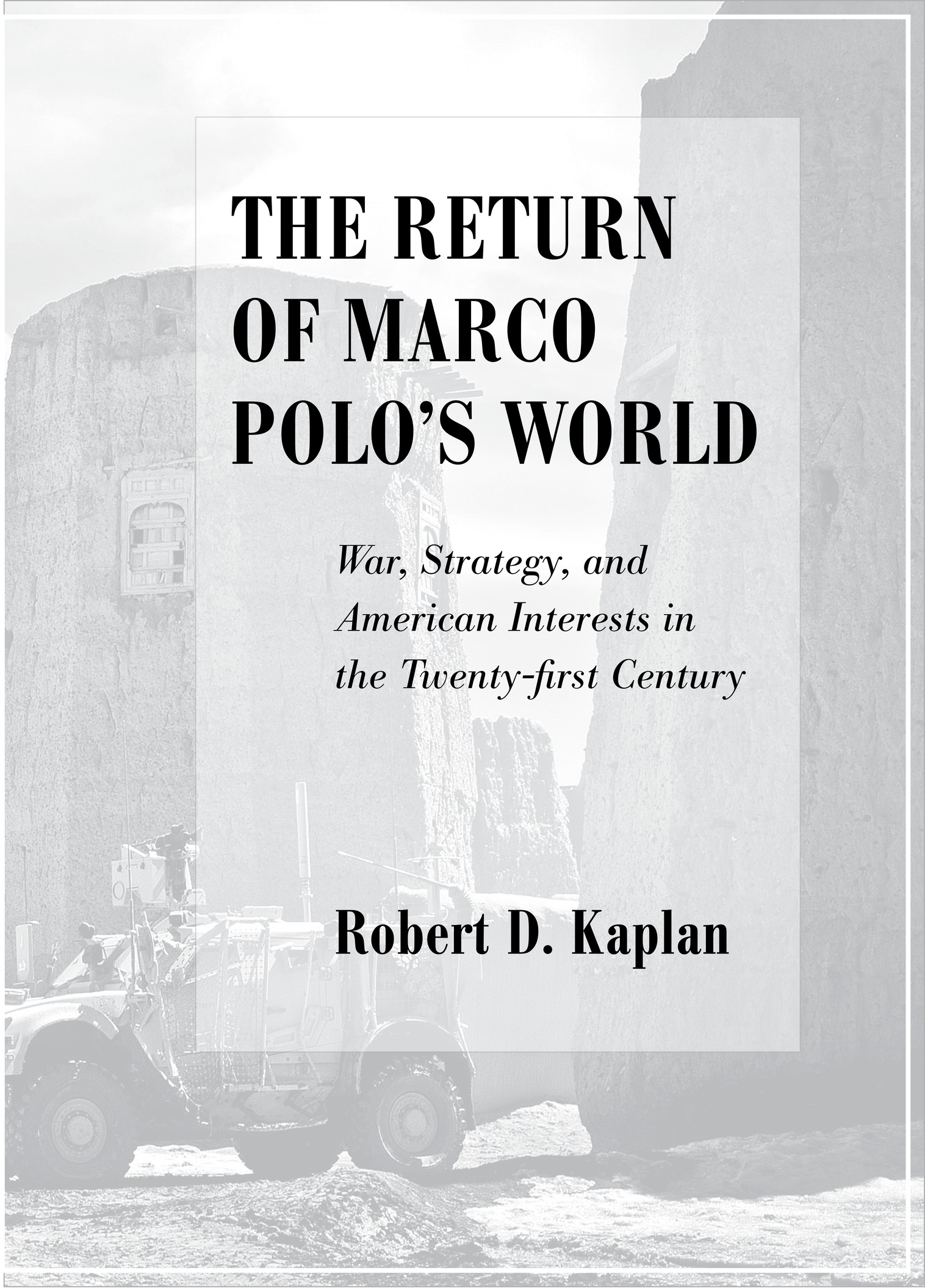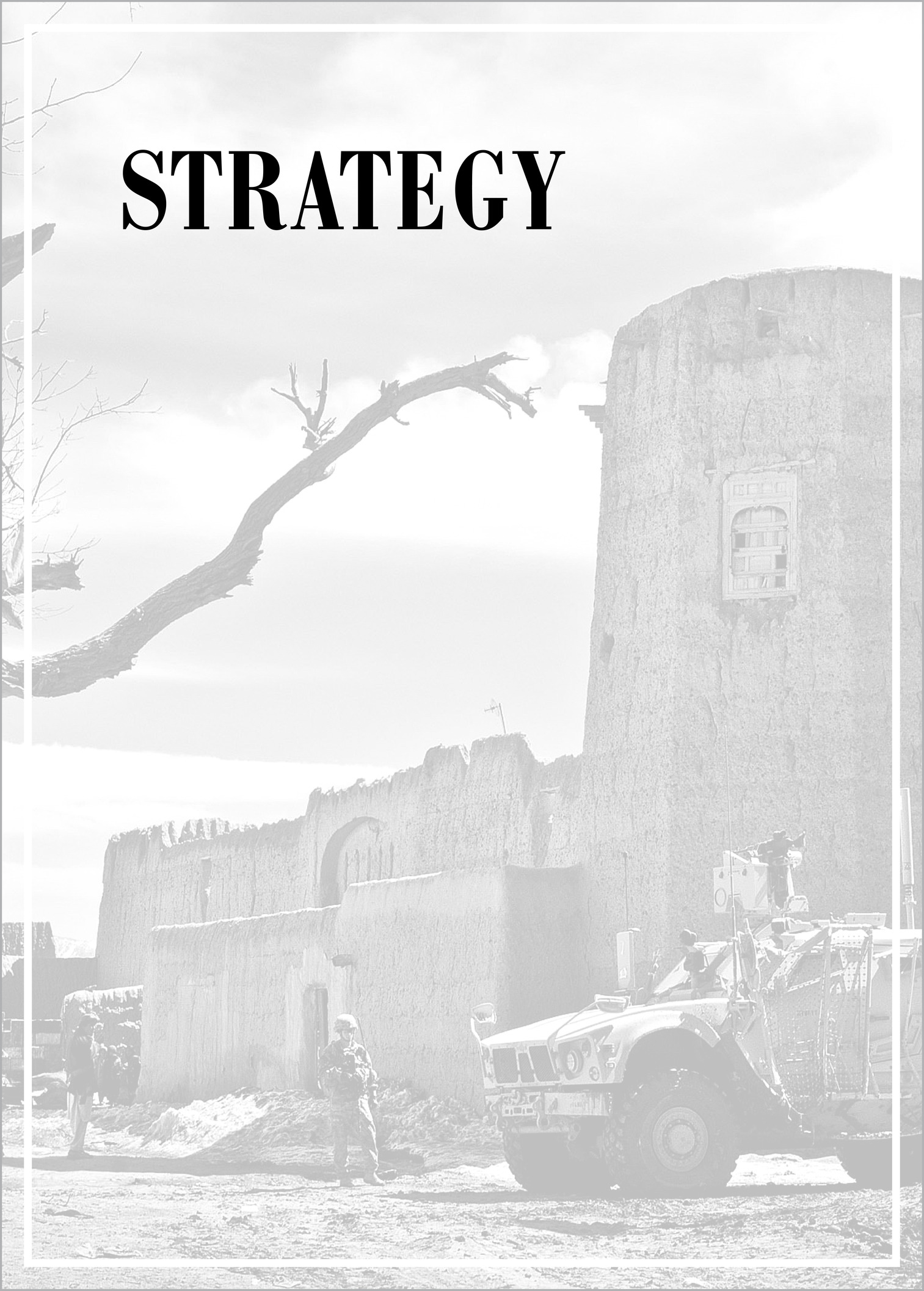Robert D. Kaplan - The Return of Marco Polo’s World: War, Strategy, and American Interests in the Twenty-first Century
Here you can read online Robert D. Kaplan - The Return of Marco Polo’s World: War, Strategy, and American Interests in the Twenty-first Century full text of the book (entire story) in english for free. Download pdf and epub, get meaning, cover and reviews about this ebook. year: 2018, publisher: Random House, genre: Science / Politics. Description of the work, (preface) as well as reviews are available. Best literature library LitArk.com created for fans of good reading and offers a wide selection of genres:
Romance novel
Science fiction
Adventure
Detective
Science
History
Home and family
Prose
Art
Politics
Computer
Non-fiction
Religion
Business
Children
Humor
Choose a favorite category and find really read worthwhile books. Enjoy immersion in the world of imagination, feel the emotions of the characters or learn something new for yourself, make an fascinating discovery.

- Book:The Return of Marco Polo’s World: War, Strategy, and American Interests in the Twenty-first Century
- Author:
- Publisher:Random House
- Genre:
- Year:2018
- Rating:4 / 5
- Favourites:Add to favourites
- Your mark:
The Return of Marco Polo’s World: War, Strategy, and American Interests in the Twenty-first Century: summary, description and annotation
We offer to read an annotation, description, summary or preface (depends on what the author of the book "The Return of Marco Polo’s World: War, Strategy, and American Interests in the Twenty-first Century" wrote himself). If you haven't found the necessary information about the book — write in the comments, we will try to find it.
In the late thirteenth century, Marco Polo began a decades-long trek from Venice to China. The strength of that Silk Roadthe trade route between Europe and Asiawas a foundation of Kublai Khans sprawling empire. Now, in the early twenty-first century, the Chinese regime has proposed a land-and-maritime Silk Road that duplicates exactly the route Marco Polo traveled.
In the major lead essay, recently released by the Pentagons Office of Net Assessment, Robert D. Kaplan lays out a blueprint of the worlds changing power politics that recalls the late thirteenth century. As Europe fractures from changes in culture and migration, Eurasia coheres into a single conflict system. China is constructing a land bridge to Europe. Iran and India are trying to link the oil fields of Central Asia to the Indian Ocean. Americas ability to influence the power balance in Eurasia is declining.
This is Kaplans first collection of essays since his classic The Coming Anarchy was published in 2000. Drawing on decades of firsthand experience as a foreign correspondent and military embed for The Atlantic, as well as encounters with preeminent realist thinkers, Kaplan outlines the timeless principles that should shape Americas role in a turbulent world: a respect for the limits of Western-style democracy; a delineation between American interests and American values; an awareness of the psychological toll of warfare; a projection of power via a strong navy; and more.
From Kaplans immediate thoughts on President Trump (On Foreign Policy, Donald Trump Is No Realist, 2016) to a frank examination of what will happen in the event of war with North Korea (When North Korea Falls, 2006), The Return of Marco Polos World is a vigorous and honest reckoning with the difficult choices the United States will face in the years ahead.
These essays constitute a truly pathbreaking, brilliant synthesis and analysis of geographic, political, technological, and economic trends with far-reaching consequences. The Return of Marco Polos World is another work by Robert D. Kaplan that will be regarded as a classic.General David Petraeus (U.S. Army, Ret.)
Robert D. Kaplan: author's other books
Who wrote The Return of Marco Polo’s World: War, Strategy, and American Interests in the Twenty-first Century? Find out the surname, the name of the author of the book and a list of all author's works by series.

